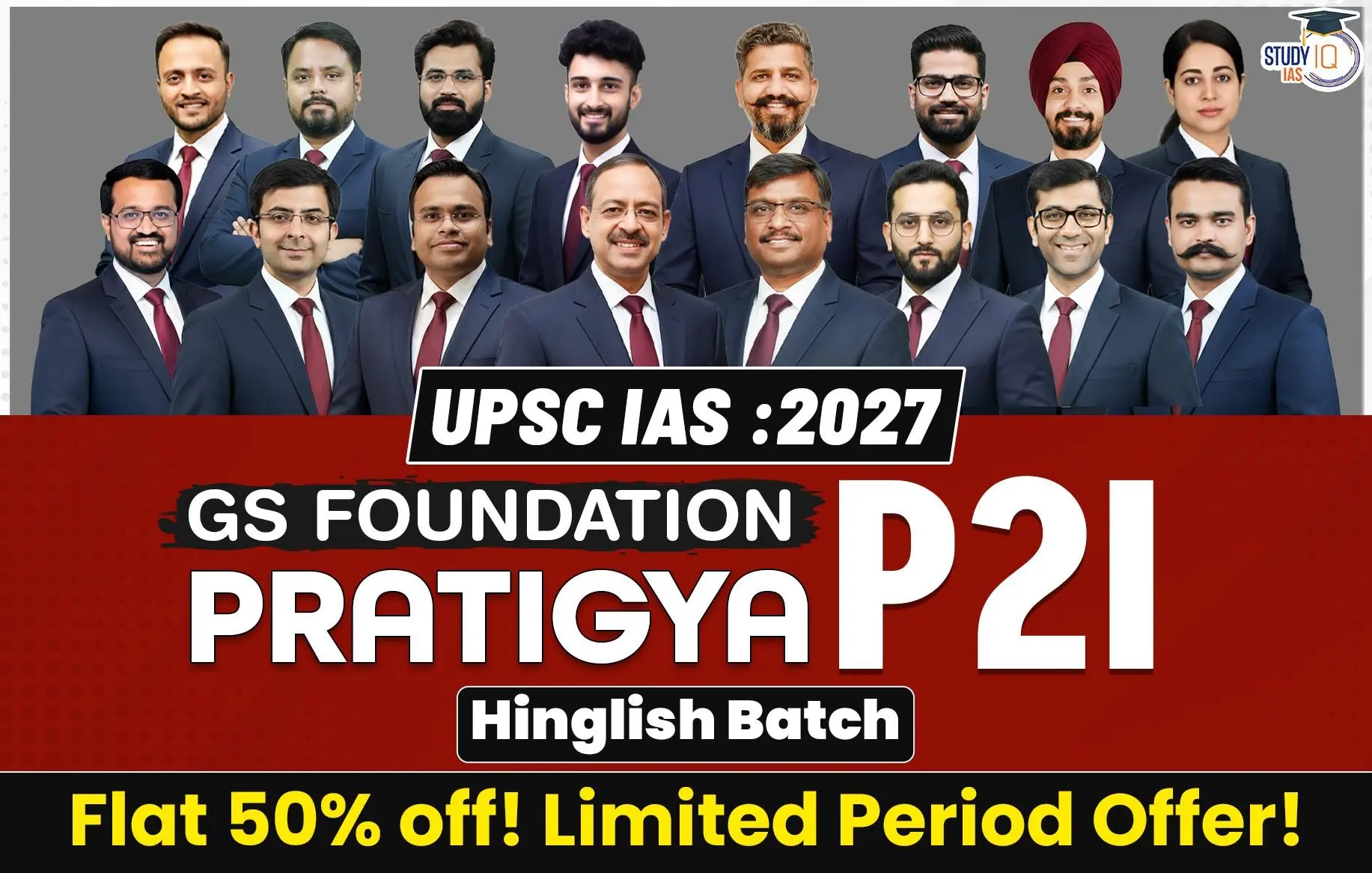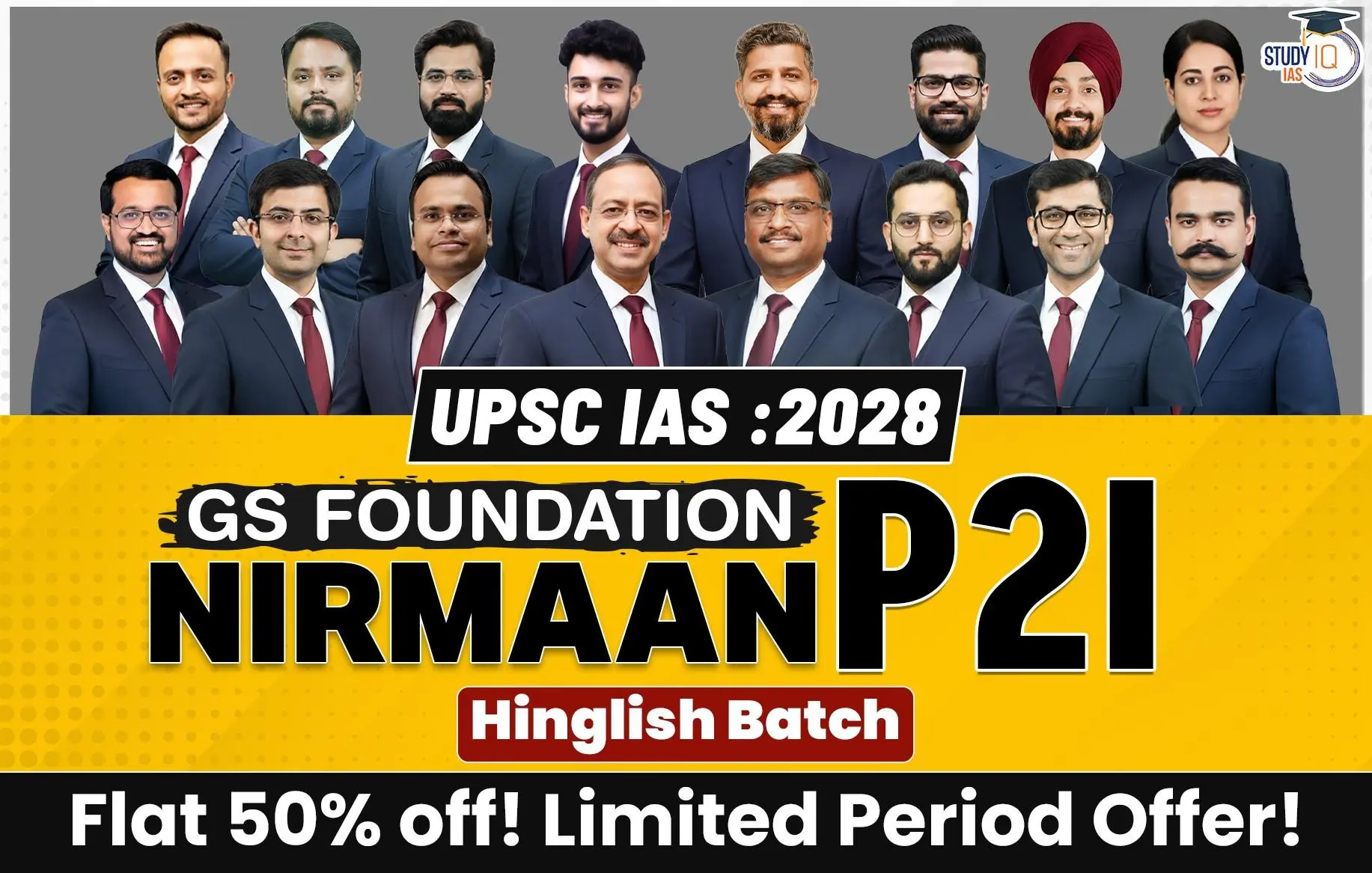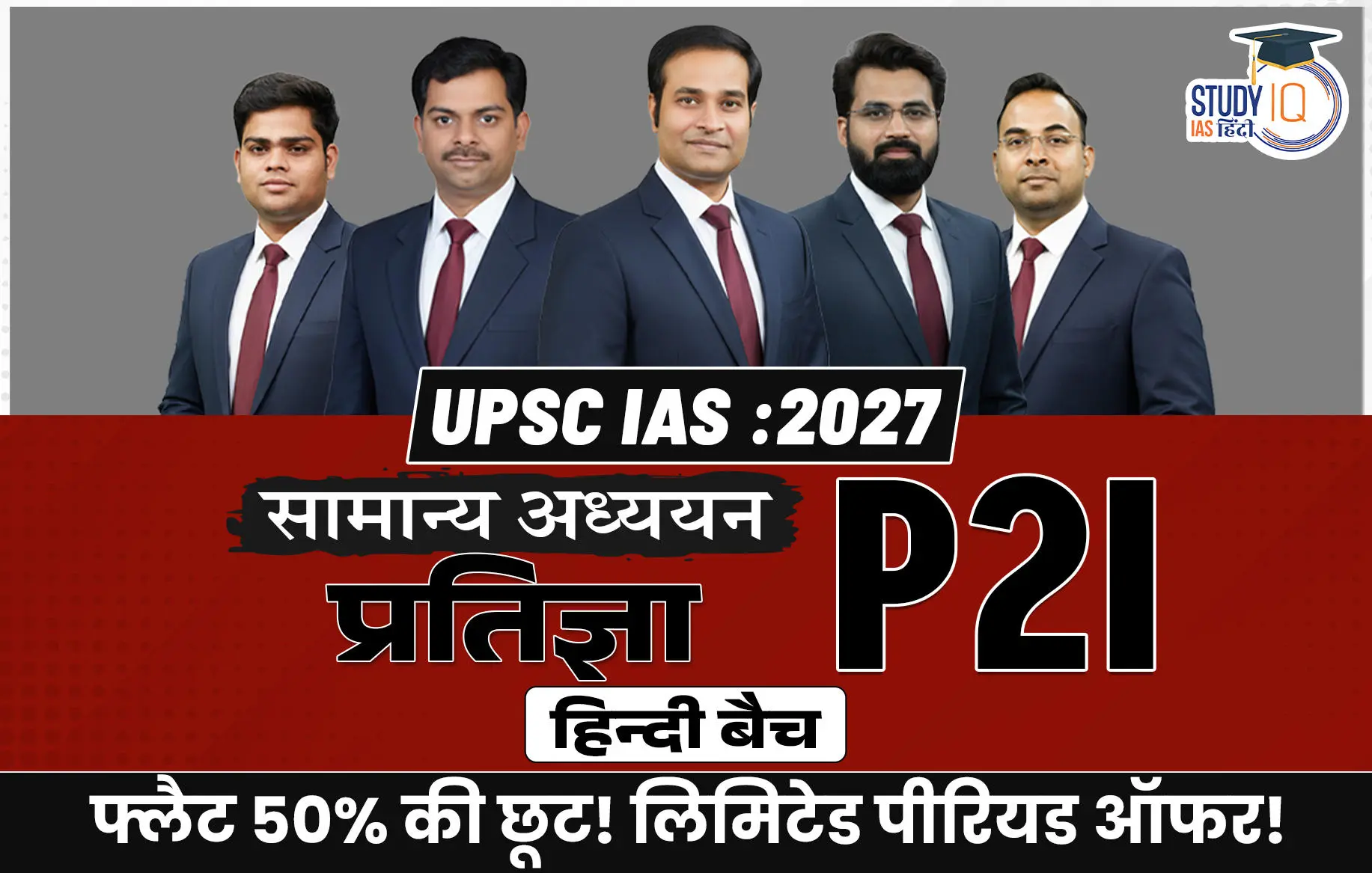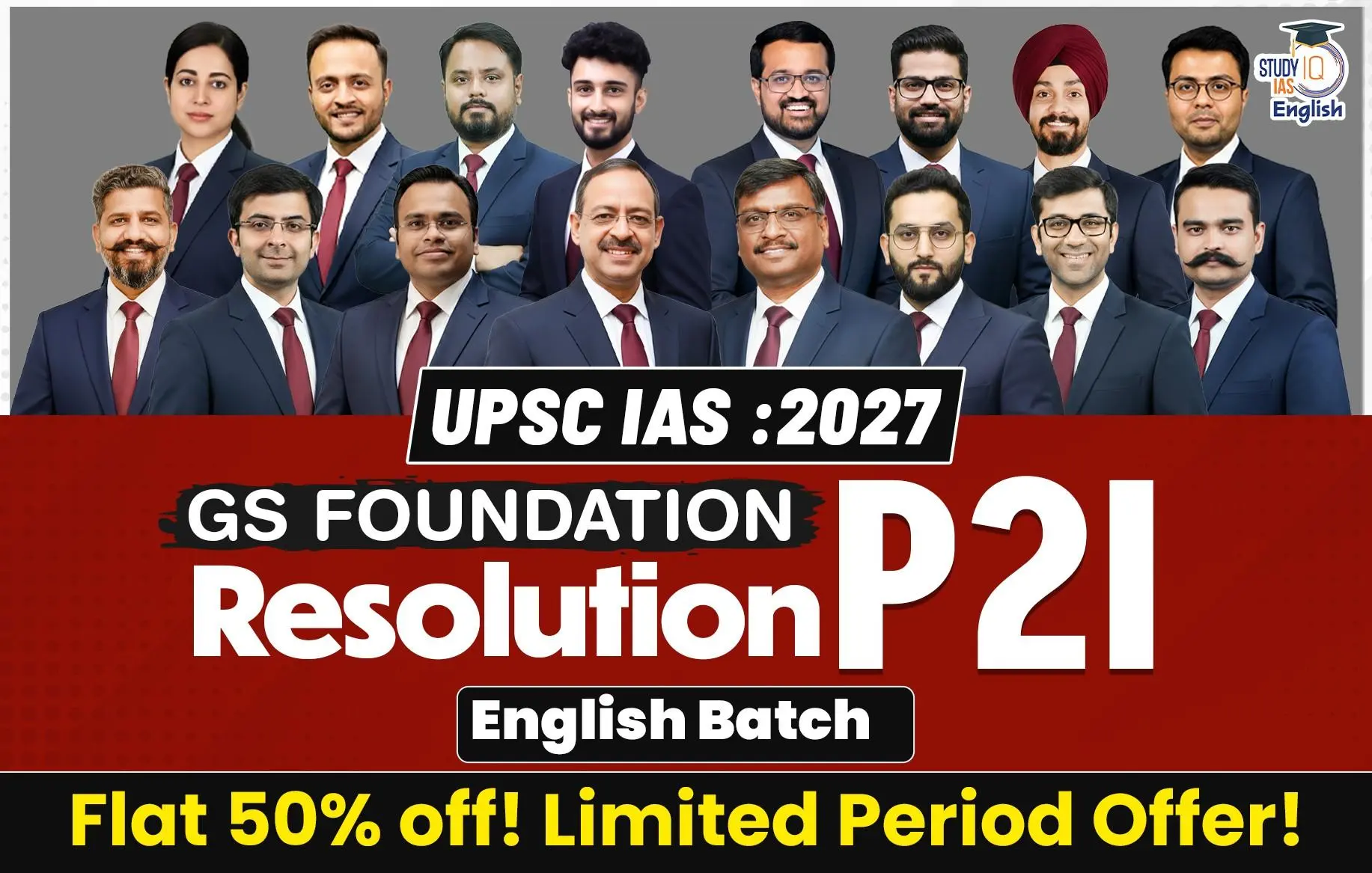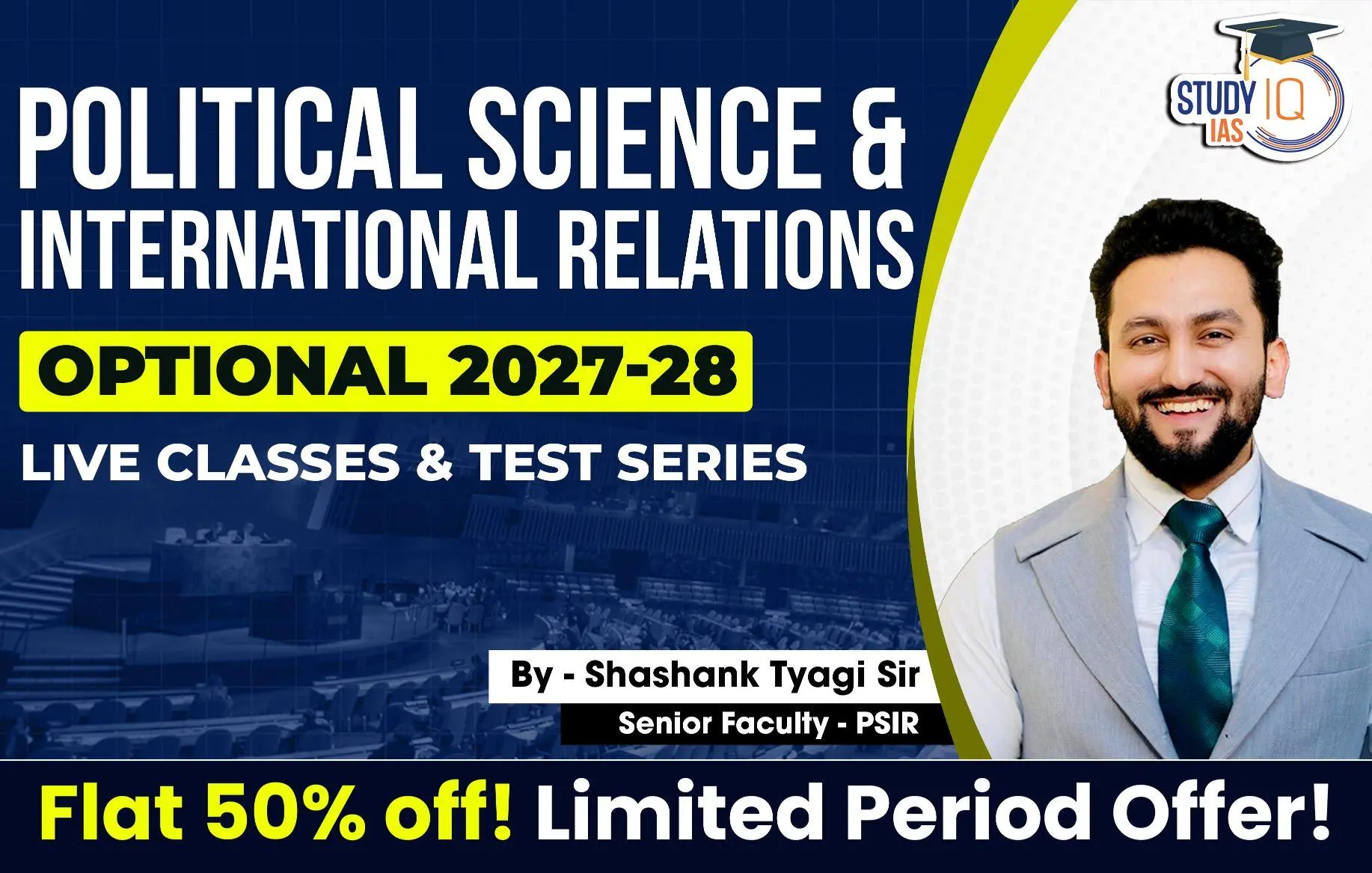Table of Contents
Context
The Delhi High Court recently protected the personality rights of Bollywood actors Aishwarya Rai Bachchan, Abhishek Bachchan, and filmmaker Karan Johar, after they flagged misuse of their images and voices through AI-generated content.
What are Personality Rights?
- Definition: Personality rights protect an individual’s name, image, likeness, voice, signature, and other identifiable traits from unauthorised use.
- Purpose: Prevents others from commercially exploiting an individual’s persona without consent, especially celebrities who build brand value around their identity.
- Scope: Extends beyond celebrities to ordinary citizens, especially in cases of misuse of private images, revenge pornography, or deepfakes.
|
Personality Right |
Legal Basis for Personality Rights in India
Judicial Evolution of Personality Rights
|
Why Do We Need Personality Rights?
- Safeguard Human Dignity: Prevents misuse that strips individuals of autonomy over their identity.
- Protect Economic Value: Celebrities and influencers invest in building brand equity; misuse dilutes their marketability.
- Counter AI & Digital Misuse: Deepfakes, voice cloning, and manipulated content can cause reputational and financial damage.
- Prevent Public Deception: Protects consumers from being misled into believing false endorsements.
- Extend Protection Beyond Celebrities: Safeguards ordinary citizens, particularly women, from deepfakes, cyber-harassment, and revenge pornography.
Challenges, Concerns & Policy Gaps
- Absence of Comprehensive Legislation: Protections scattered across IP laws and judicial precedents; no unified statutory regime.
- Overreach vs Free Speech: Excessive protection risks chilling legitimate satire, parody, and criticism protected under Article 19(1)(a).
- Enforcement Difficulties: Online content spreads rapidly; tracking and takedown of infringements is slow and resource-intensive.
- Ambiguity in Scope: Courts recognise celebrity rights strongly, but protections for ordinary citizens remain weak and underdeveloped.
- Global Dimension: Misuse often originates abroad; lack of cross-border enforcement mechanisms makes protection harder.
- Technology Gap: AI-generated content evolves faster than regulatory or judicial responses.
Way Forward
- Comprehensive Legislation: Enact a dedicated Personality Rights Act defining scope, exceptions, and remedies.
- Clear Exceptions: Protect free speech by exempting satire, parody, criticism, news reporting, and academic use.
- Stronger Enforcement Mechanisms: Fast-track takedown procedures for online misuse. Collaboration with tech platforms for proactive detection of deepfakes.
- Awareness: Educate citizens, especially vulnerable groups, about their rights and remedies.
- Capacity Building: Train judiciary and law enforcement in digital rights protection.
- Extension to Ordinary Citizens: Ensure personality rights are not limited to celebrities but also address deepfake abuse and gender-based targeting.
Global Cooperation: Work on treaties and bilateral agreements for cross-border enforcement of personality rights.

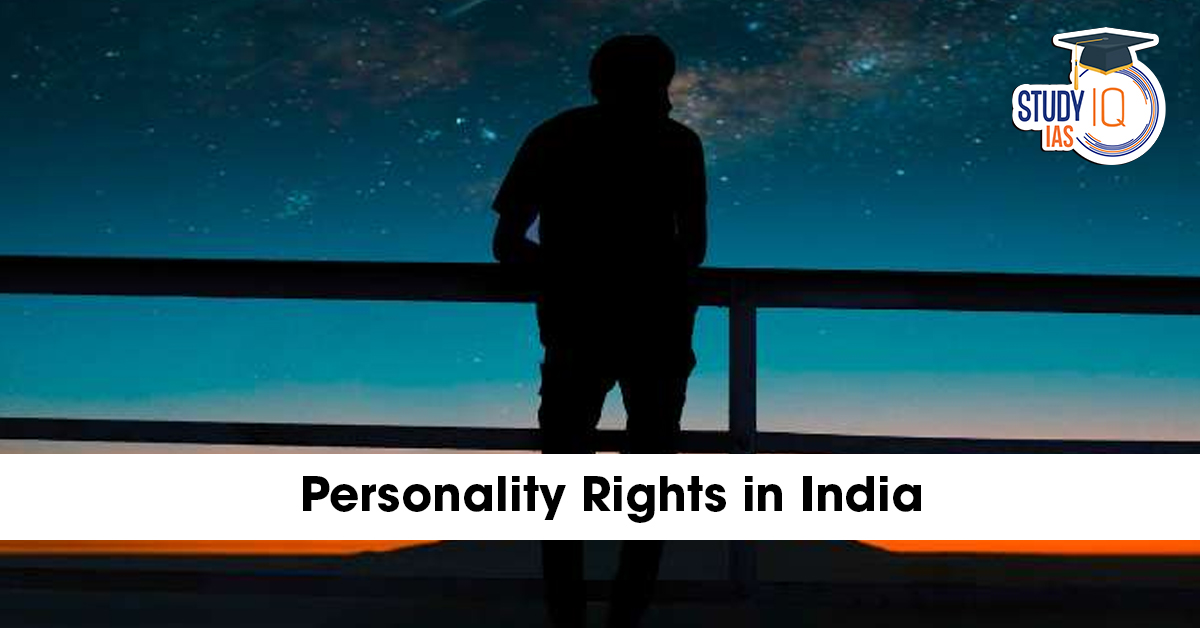
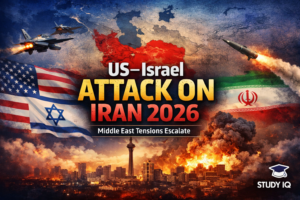 US–Israel Attack on Iran 2026: Khamene...
US–Israel Attack on Iran 2026: Khamene...
 Agentic AI vs AI Agents: Meaning, Differ...
Agentic AI vs AI Agents: Meaning, Differ...
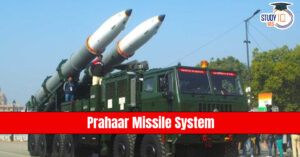 Prahaar Missile System: Range, Features ...
Prahaar Missile System: Range, Features ...
